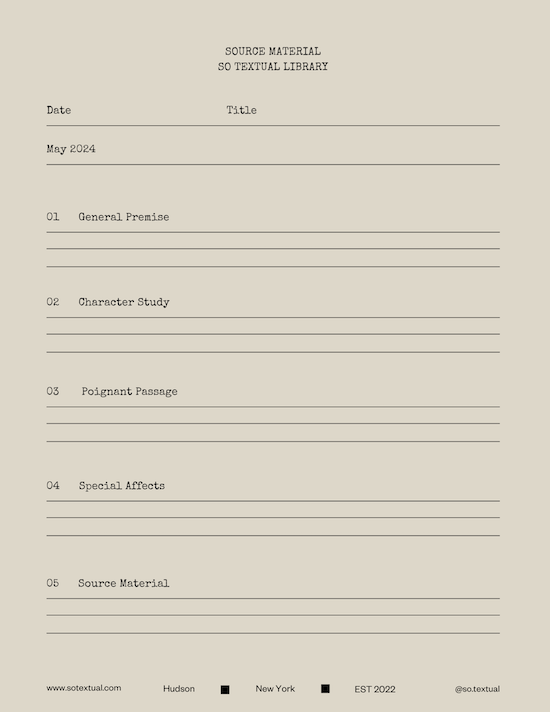What Resonated Most
It’s the stillness of the book that stayed with me—not quiet, exactly, but the kind of stillness that feels alive with thought. Pessoa doesn’t write about life as something to conquer; he writes about it as something to observe, to feel through, to endure. Every page felt like stepping into a mind that refuses to rush or resolve itself. His reflections on solitude, on the endless ache of self-awareness, felt almost too precise, like he was speaking directly to a version of me I haven’t wanted to meet.
Pessoa’s writing is an antidote to the frenzy of modern life. It’s not a book you read to find answers; it’s one you read to sit inside the questions. Think of it as an invitation to slow down, to look inward, and to accept the discomfort of simply existing. Use it as a reminder that not every journey needs a destination.
What It Stirred in Me
There’s a weight to this book—not in its size but in its gaze, the way it lingers on the smallest details of thought and feeling. It stirred in me a kind of restlessness, a desire to examine the corners of my own life I usually avoid. Pessoa writes about the futility of ambition, the quiet erosion of time, and the unbearable beauty of being alone with yourself. It wasn’t comforting, but it wasn’t meant to be. It felt like sitting in a room where every window was open, the air shifting constantly, asking you to notice how it moves.
This isn’t a book to consume; it’s a book to absorb. Pessoa’s fragments mirror the way life feels—disconnected, fleeting, yet somehow whole in their accumulation. Carry this with you: there’s no need to force coherence onto your experience. Let it be fragmented, let it breathe.
A Line I Can’t Forget
“I am nothing. I shall always be nothing. I cannot wish to be anything. Aside from this, I have within me all the dreams in the world.”
This line felt like holding something delicate and impossible—a bird, maybe, or a breath. It’s the contradiction of it that struck me, the way Pessoa admits his nothingness while clinging to his dreams. It’s not a lament; it’s a truth, one that feels as expansive as it does devastating. It made me think about how much of life is lived in this space—between the weight of what we aren’t and the hope of what we could be.
This is Pessoa in a single line: an acknowledgement of emptiness paired with an insistence on dreaming anyway. Use it when you’re grappling with self-doubt or wondering if what you’re reaching for is worth it. It’s a reminder that even in our nothingness, there’s something infinite.
The Biggest Takeaway
Pessoa doesn’t offer a narrative or a moral—he offers a mirror. What I’ll take with me is the way he reframes solitude, not as an absence but as a kind of fullness. His disquiet isn’t something to be fixed; it’s something to be felt, understood, even embraced. Reading this book felt like learning to sit with myself, not as I wish to be but as I am—fragmented, unfinished, alive.
The Book of Disquiet is a study in the art of being. It teaches us that restlessness, doubt, and longing aren’t obstacles; they’re part of what makes life real. Let Pessoa remind you that not every life needs resolution, and not every thought needs an answer. Sometimes, it’s enough just to feel your way through.
This is how we do it at So Textual.


